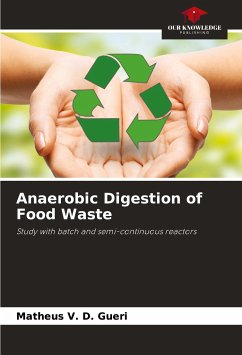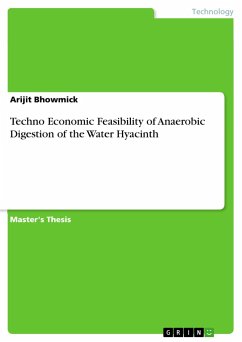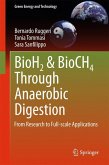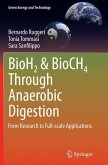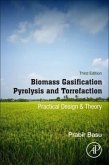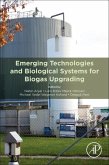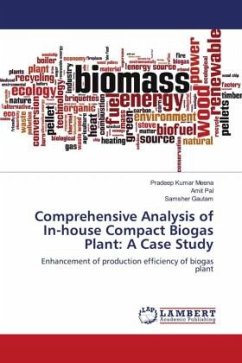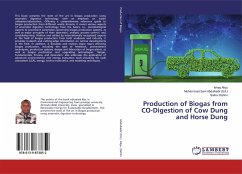The generation of food waste grows as the demand for food increases, i.e. it is linked to the entire food production chain. This means that new techniques must be developed to ensure the proper management and treatment of this waste. Anaerobic digestion technology is therefore a fundamental tool for managing food waste in Brazil, as it makes it possible to treat around 50% of waste that would otherwise be destined for landfill and/or disposal in open dumps. It also helps to mitigate greenhouse gas (GHG) emissions into the atmosphere and, at the same time, produces clean, renewable energy. Biogas, the energy gas that comes from the anaerobic digestion process, is very versatile in its use and can be used to generate heat, motive power and electricity.
Bitte wählen Sie Ihr Anliegen aus.
Rechnungen
Retourenschein anfordern
Bestellstatus
Storno

